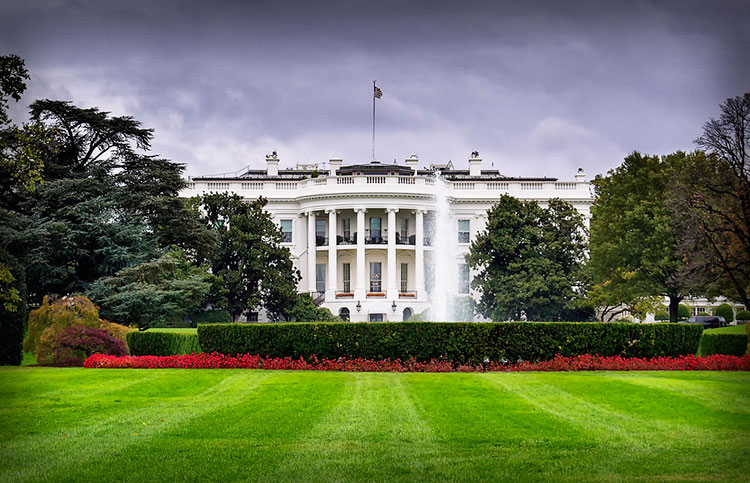It took just a little over a week, but Friday afternoon the House passed ━ then President Donald Trump signed ━ the landmark $2 trillion stimulus package intended to help the country get through the trying times caused by the COVID-19 pandemic.
The bill, called the Coronavirus Aid, Relief, and Economic Security (CARES) Act, is now the most expensive emergency relief fund the U.S. government has ever put together. It also might be the most bi-partisan bill passed under Trump’s regime.
Now that the bill is signed, one of the most contentious parts of the stimulus package will begin to be implemented: the national refund.
Originally written to have a low and high cap on who would get the checks, the final wording of the bill sends out a $1,200 check (or direct deposit) to anyone who has filed tax returns in the last two years and made $75,000/year or less in their last return. If you made between $75,001 and $99,999, your payment goes down incrementally, and $100,000 and above do not receive a refund.
If you have child dependents, you will receive an additional $500 per child, and couples who file joint tax returns will receive one refund of $2,400 plus any child bonuses (based on a household income of up to $150,000; family incomes of $200,000 or more would not receive anything).
 The other highly-contentious portion of the bill is the $500 billion fund for large businesses to draw from. Democrats claimed that the original wording put no restrictions on how the money would be used and left it in the hands of Treasury Secretary Steven Mnuchin without any additional oversight.
The other highly-contentious portion of the bill is the $500 billion fund for large businesses to draw from. Democrats claimed that the original wording put no restrictions on how the money would be used and left it in the hands of Treasury Secretary Steven Mnuchin without any additional oversight.
The final bill still designates ¼ of its funds to help corporations stay afloat, but reports say the final language designates an independent Attorney General to review each request, and he would report to a Congressional oversight committee.
Other key provisions of the stimulus package include:
- $100 billion for hospital relief
- $58 billion for airline relief
- An extra $600/week unemployment benefits for up to four months
- $150 billion for state and local government relief
- $20 billion for Pentagon/Postal Service support
- $49 billion for Farmers and Food Stamps
There is also approximately $350 billion set aside to support small businesses (500 or less employees), loans that will be forgivable if the businesses follow specific guidelines, including using the funds primarily to keep employees on the payroll and cover bills such as rent, utilities, and mortgage interest.
The legislation had passed unanimously in the Senate on Wednesday, after agreements were reached between the Republicans, the Democrats and the White House shortly after midnight.
Story by Michael Oppenheimer
CLICK HERE to read the 880-page bill.




